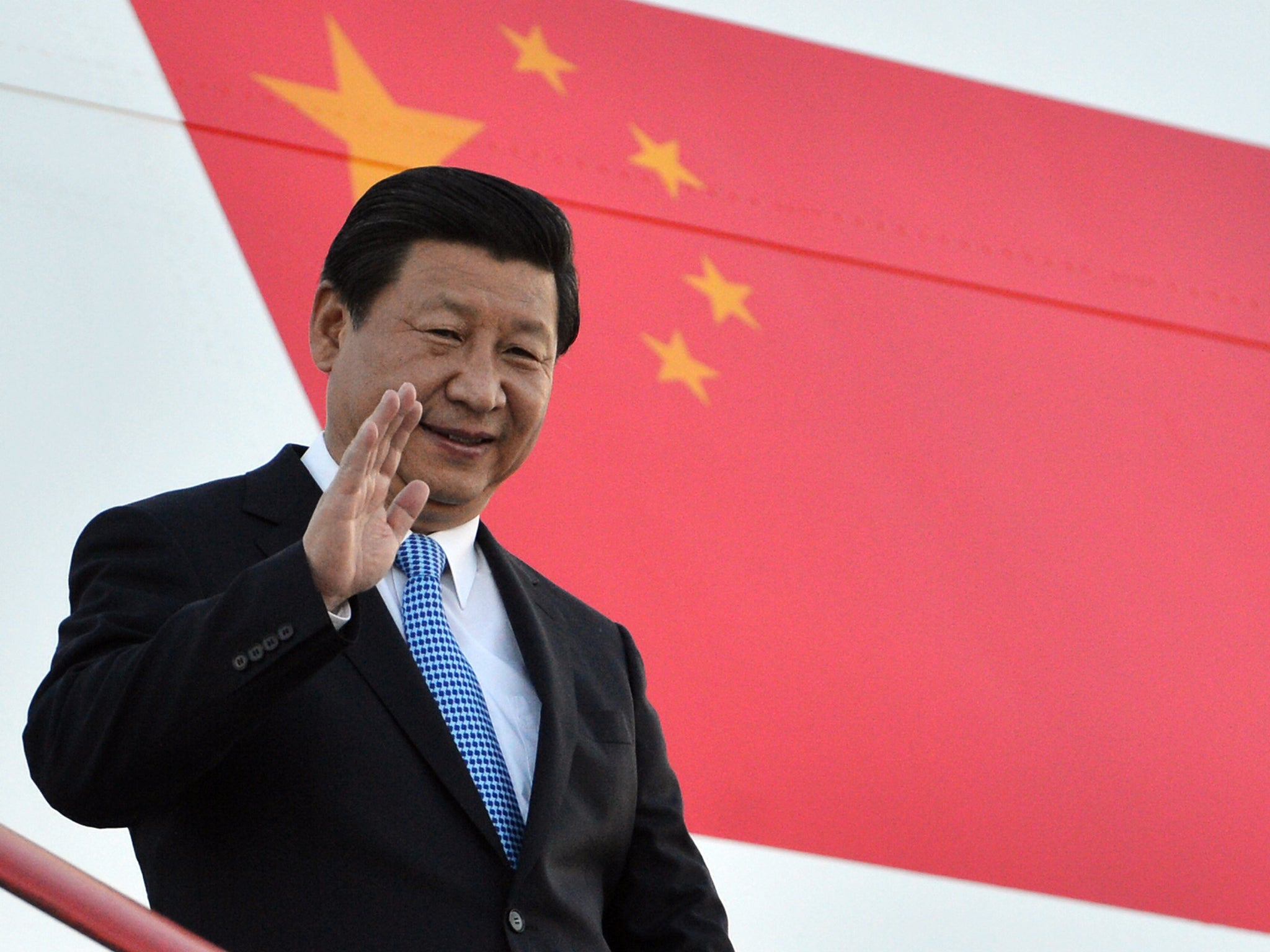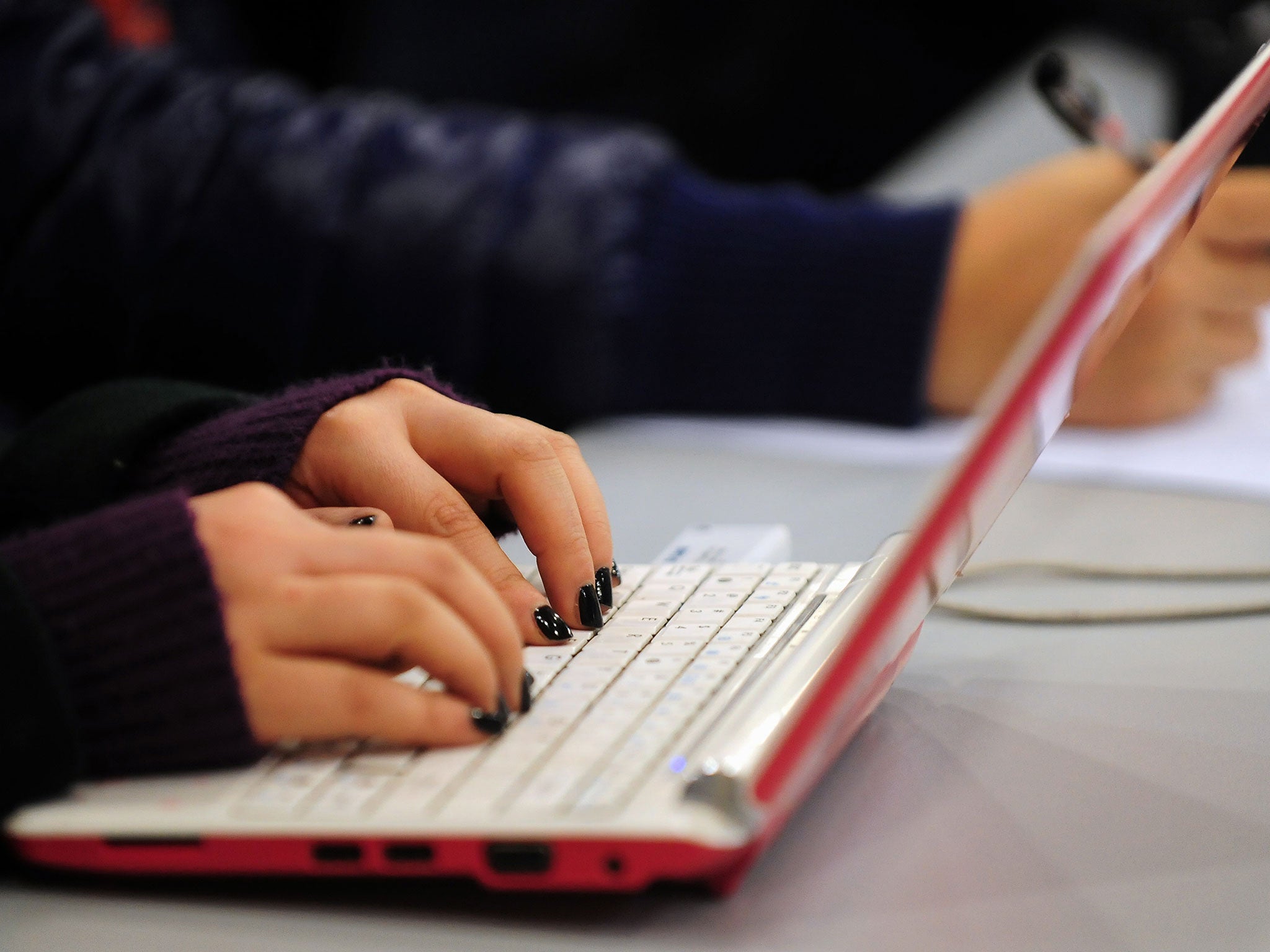China censors online response to President Xi Jinping's vow to allow 'well-intentioned criticism' on the internet
Internet users saw little change after the President told authorities to show 'greater tolerance and patience'

The President of China has vowed to show internet users “greater tolerance and patience” and take online criticism on board as rampant censorship continues.
Even the response to Xi Jinping’s speech appeared to be redacted on the Chinese social media site Weibo as users cast doubt on his promise to “heed public opinions”.
“Officials should use the Internet more often to learn what are the concerns and wishes of the people,” he said in a speech on Tuesday, according to state news agency Xinhua.
“For well-intentioned criticism raised on the internet, be it at the overall work of the Party and the state, or at individual officials, be it gentle or harsh-sounding, Xi said, ‘we will not only welcome them, but also carefully study them for future references.’”

But there were several notable caveats in the speech, made as part of his role as “head of China’s internet security and informatisation group”.
The President reportedly said that people’s “misconceptions, grudges and grievances” must be corrected, while condemning a “foul and unhealthy cyber culture”.
He concluded that China must “improve management of cyberspace” to ensure it conforms with “mainstream ideology in the hope of creating a clean and righteous environment”.
The comments received a mixed reception on the Weibo social network, where many were questioning how the government defined “well-intentioned” criticism.
The Free Weibo monitoring site showed discussions of President Xi and his speech among the most censored topics on Tuesday morning as the debate continued.
It came as Papi Jiang, one of China’s most prolific video bloggers, issued a public apology after being reprimanded for the use of “foul language” by the media authority.
Human rights attacks around the world
Show all 10A statement on her Weibo page said she would be “more careful of my words and image” after her Youku channel had most of its videos removed and authorities told Chinese media she had been “disciplined and corrected”.
China’s 700 million internet users face some of the most stringent censorship in the world as part of the Communist government’s limits on freedom of expression, which see frequent arrests.
According to Human Rights Watch’s annual report, the internet is becoming “marginally freer” but that means such as the Great Firewall continue to filter politically unacceptable information.
“In 2015, government agencies such as the State Internet Information Office issued multiple new directives, including tightened restrictions over the use of usernames and avatars, and requirements that writers of online literature register with their real names,” the report continued.
Chinese authorities have also shut down Virtual Private Networks (VPNs), which many users depend on to gain access to blocked content, and introduced a cybersecurity law requiring domestic and foreign internet companies to practice censorship, register users’ real names and aid government surveillance.
Subscribe to Independent Premium to bookmark this article
Want to bookmark your favourite articles and stories to read or reference later? Start your Independent Premium subscription today.




Join our commenting forum
Join thought-provoking conversations, follow other Independent readers and see their replies
Comments